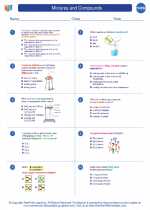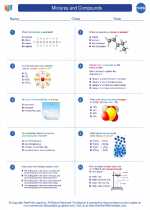Space Exploration
Space exploration is the investigation of outer space using space technology, and it encompasses the discovery and exploration of celestial structures in outer space. It has been a significant area of scientific research and discovery, and has contributed to our understanding of the universe, technology development, and human curiosity about the unknown. Here is a study guide to help you understand the key aspects of space exploration:
History of Space Exploration
The history of space exploration can be traced back to ancient civilizations and has evolved significantly over time. Key milestones include the launch of the first artificial satellite, Sputnik 1, by the Soviet Union in 1957, and the first human spaceflight by Yuri Gagarin in 1961. The Apollo 11 mission in 1969 marked the first human landing on the Moon, and since then, space exploration has continued to advance with robotic exploration of planets, asteroids, and other celestial bodies.
Importance of Space Exploration
Space exploration has several important implications, including:
- Scientific Discovery: Space exploration has led to significant scientific discoveries about the universe, including the existence of other planets, the nature of black holes, and the study of cosmic phenomena.
- Technological Advancements: The development of space technology has led to innovations in various fields, such as satellite communication, Earth observation, and materials science.
- Understanding Earth: Space exploration has provided valuable insights into Earth's climate, geology, and environmental changes through satellite-based observations.
- Potential for Life Beyond Earth: The search for extraterrestrial life and habitable exoplanets is a key area of interest in space exploration.
Challenges and Future of Space Exploration
Space exploration faces several challenges, including the high costs, technological limitations, and the risks associated with human spaceflight. However, ongoing developments in space technology, international collaborations, and the emergence of private space companies have ushered in a new era of space exploration. The future of space exploration includes missions to Mars, continued robotic exploration of the solar system, and efforts to expand human presence beyond Earth.
Understanding the history, significance, and future prospects of space exploration is essential for appreciating its impact on science, technology, and humanity.
.◂Chemistry Worksheets and Study Guides High School. Mixtures and Compounds

 Worksheet/Answer key
Worksheet/Answer key
 Worksheet/Answer key
Worksheet/Answer key
